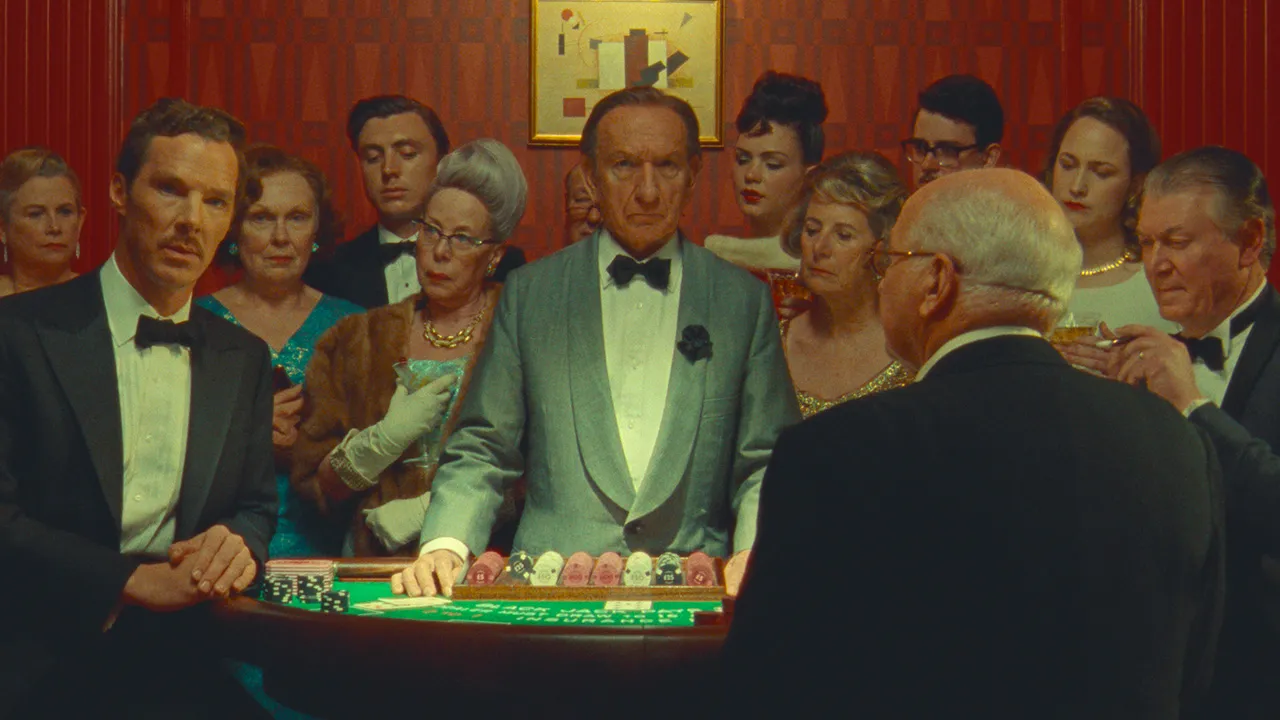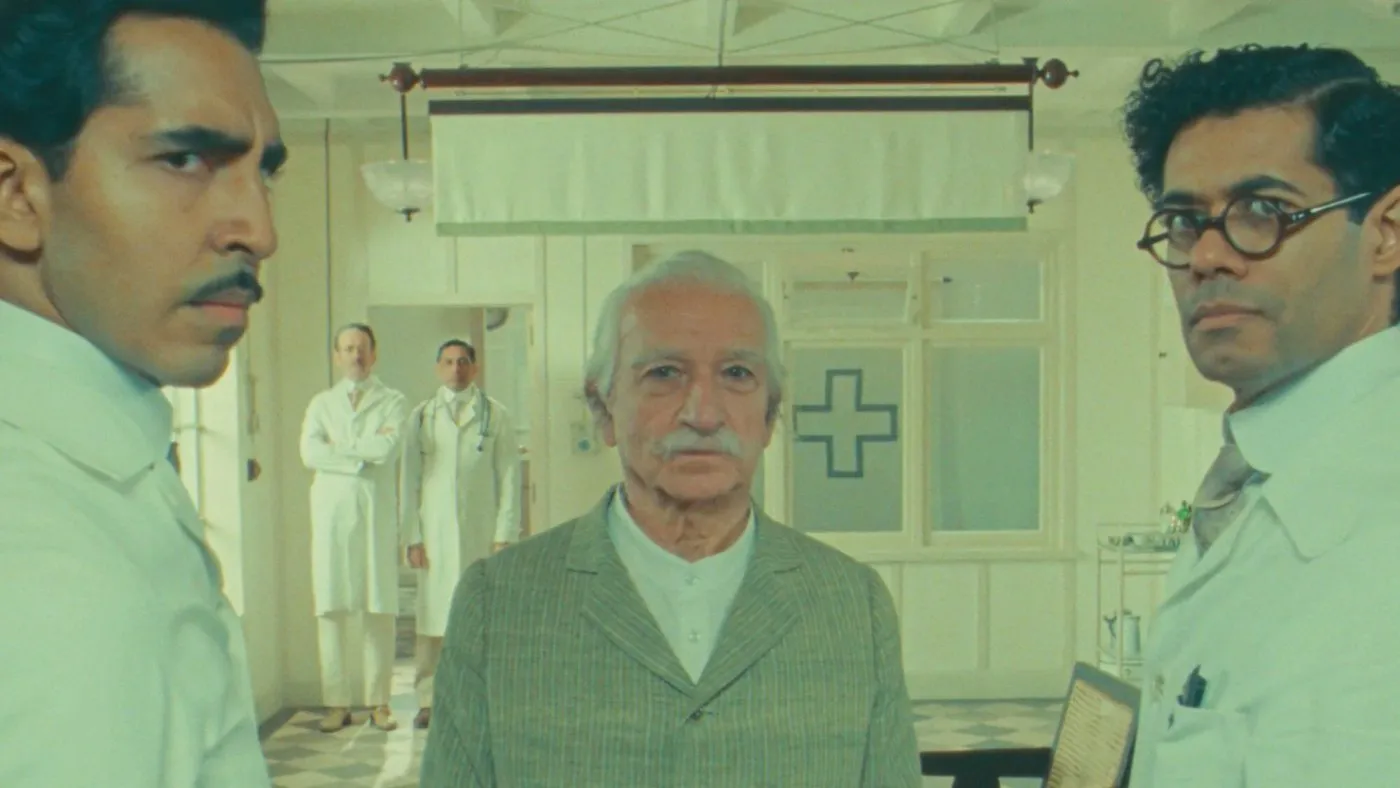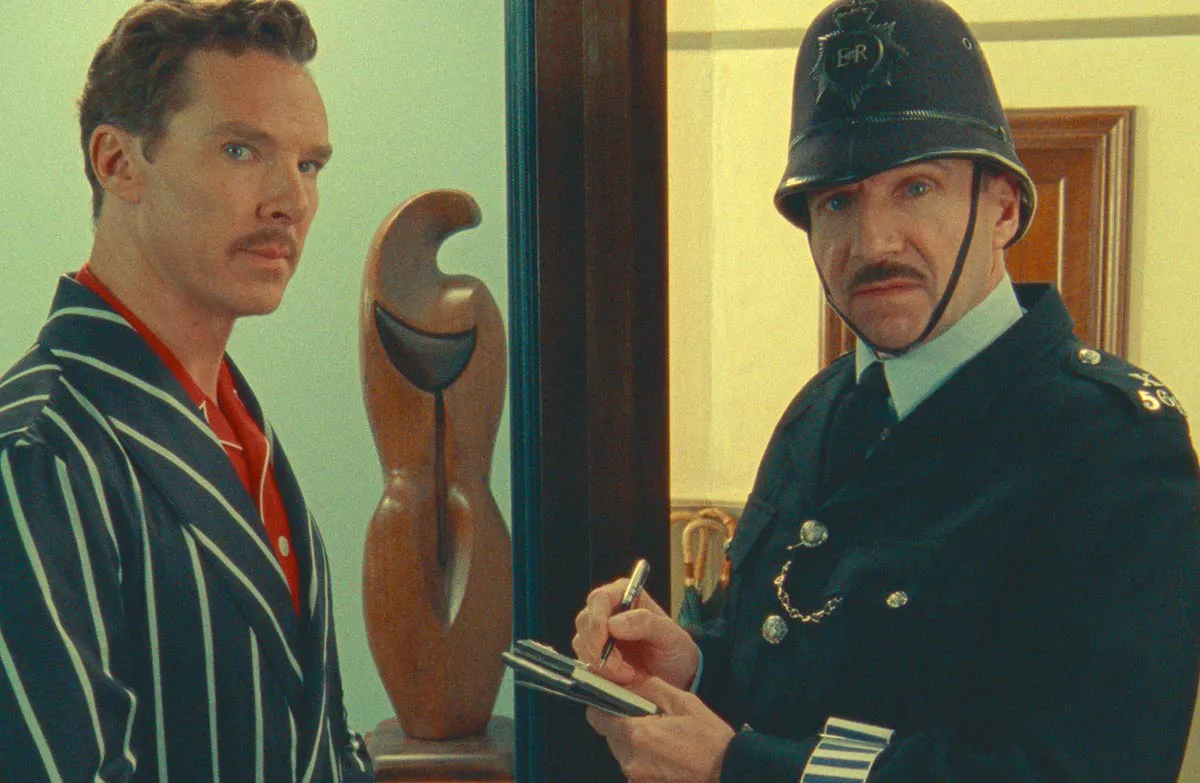The Whimsical World of Wes Anderson: A Review of “The Wonderful Story of Henry Sugar”
From TikTok trends to AI-generated art, and stylized photos reminiscent of vintage postcards, Wes Anderson has become one of the most widely circulated directors in today’s media landscape. Adoration, imitation, and even a bit of irritation often go hand in hand. The more people are captivated by his dollhouse aesthetic, the more others are turned off by his perceived formalism. His film “Asteroid City,” which premiered at this year’s Cannes Film Festival, garnered positive reviews and was even hailed as one of Anderson’s strongest works, yet it received a more subdued reaction from audiences – perhaps because we’ve seen that pastel-toned longing before.
“The Wonderful Story of Henry Sugar” revisits familiar patterns of framing and even dramatic structures. If you’ve developed an aversion to Anderson’s style, you might want to skip this one. However, if you still hold a soft spot for his work, this short film is a delightful remedy for an autumn evening’s melancholy. Roald Dahl’s tales, geared towards a more mature audience, come to life in this cinematic anthology. The first short film of the anticipated four premiered in Venice. Within this film, clocking in at just under 40 minutes, lies a series of nested stories, a structure beloved by the director (as seen in “The Grand Budapest Hotel” and “Asteroid City”). Viewers are introduced to Mr. Henry Sugar (Benedict Cumberbatch), a British gentleman of noble birth, and Imdad Khan (Ben Kingsley), an Indian fakir who possesses a secret knowledge and can see even with his eyes covered.

Benedict Cumberbatch as Henry Sugar in “The Wonderful Story of Henry Sugar”
A Theatrical Adaptation
Literariness, or rather, a journalistic quality, became a hallmark of Wes Anderson’s screenwriting in “The French Dispatch,” where elegant flourishes frequently adorned the screen. In “Henry Sugar,” the director opts for a theatrical staging, creating the impression that viewers are flipping through a book with exquisite illustrations or have stumbled into a home theater. Lines are delivered in both first and third person, with remarks like “I said,” actors look directly into the eyes of those on the other side of the screen, the backdrops of the sets peek out from behind the formal mise-en-scène, miracles transform into magic tricks, and the voice of the author welcomes guests to the production, connecting several small adventures into one grand journey. Ralph Fiennes plays Roald Dahl himself and will likely serve as the master of ceremonies for all the short stories.

Dev Patel in “The Wonderful Story of Henry Sugar”
The Art of Storytelling
The creation of overheard stories (it’s said that everything that happened to Henry Sugar is absolutely true, it just needed to be written down!) is a methodical and scrupulous ritual, requiring a dozen sharpened pencils, chocolate candies, and complete silence. The somewhat rough transitions between locations can be interpreted as another stylistic choice or as an invitation behind the scenes: where there is a fairy tale (even the most authentic one), there is also someone who wrote it.

Ralph Fiennes as a Gendarme in “The Wonderful Story of Henry Sugar”
For those who haven’t read Dahl’s stories before bedtime, I don’t want to spoil the experience with any details of the modest plot. The text, almost in its original form, delivers what one hopes to see in an Anderson short film: an incredibly touching story filled with magic, humor, perseverance, and goodness. New recruits in Wes Anderson’s school of wonders include Benedict Cumberbatch and Dev Patel, who seem to have been waiting for the moment to appear in the director’s frame. Anderson himself has returned not only to his familiar territory of symmetry, muted colors, and handcrafted details but also to India – a country that has been a mysterious and magical dream come to life since “The Darjeeling Limited.”
“The Wonderful Story of Henry Sugar” is a small fairy tale for adults, which gently and unobtrusively reminds us that good deeds don’t happen on their own.